During the first ICT Parent Workshop, Online Safety, at Pao School, a parent asked a question, “My daughter is in Year 5, and has to spend ever more time online for her homework. It isn't possible for me to watch her all the time. How can I ensure she's doing what is necessary to stay safe?”
In an increasingly digital world, where spending time online is unavoidable, it’s essential for parents to understand how best to protect their children. To help them, Pao Primary School organized an information session specifically for parents of younger students to address the safety risks associated with online activities.
The ICT Curriculum at Pao Primary School is a comprehensive program structured around four core areas: Digital Citizenship, Computer Programming, Design, and Engineering. Students are equipped with the skills and knowledge necessary to navigate the online world safely, respectfully, and responsibly.
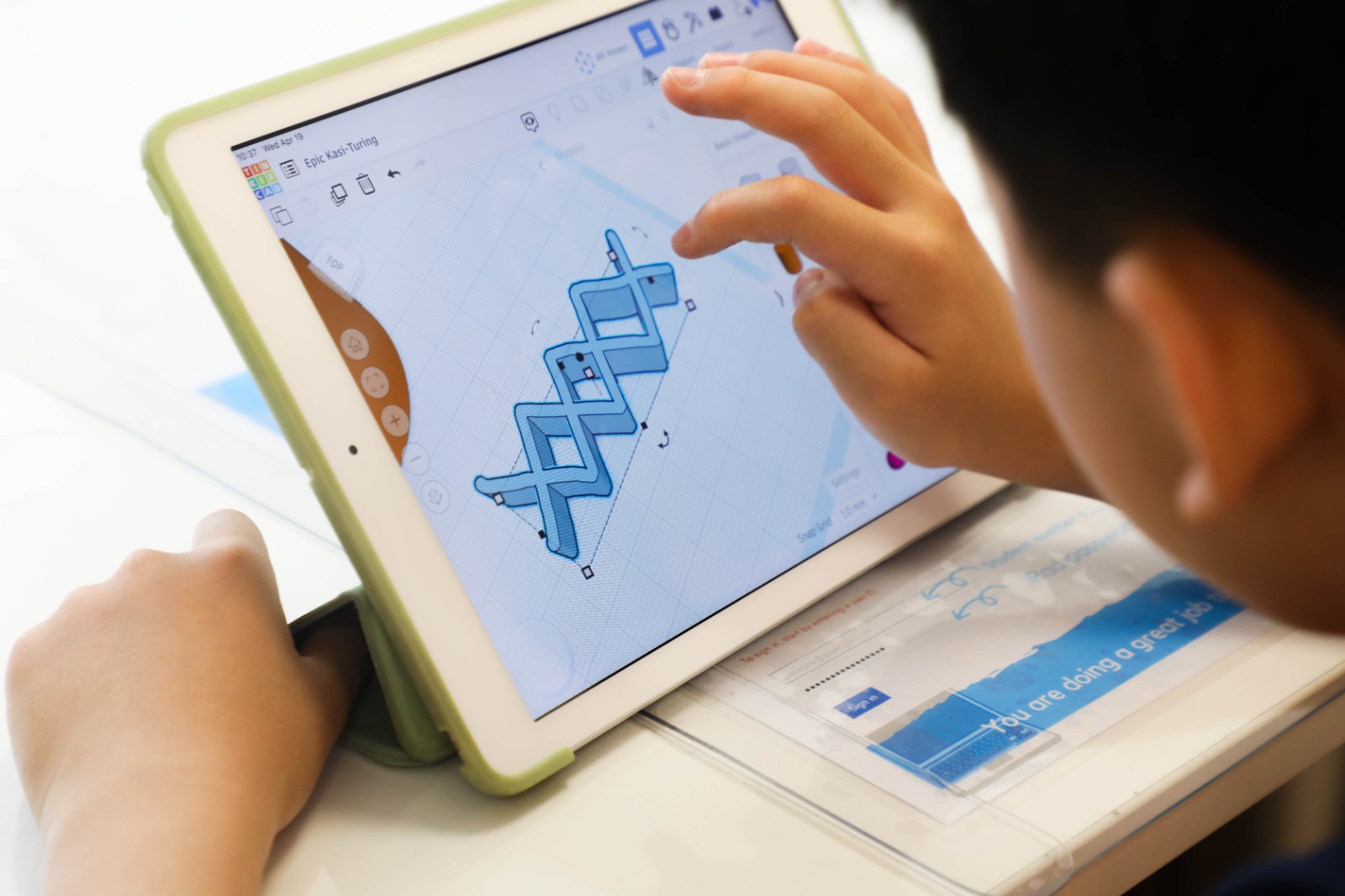
ICT Class & Student Work
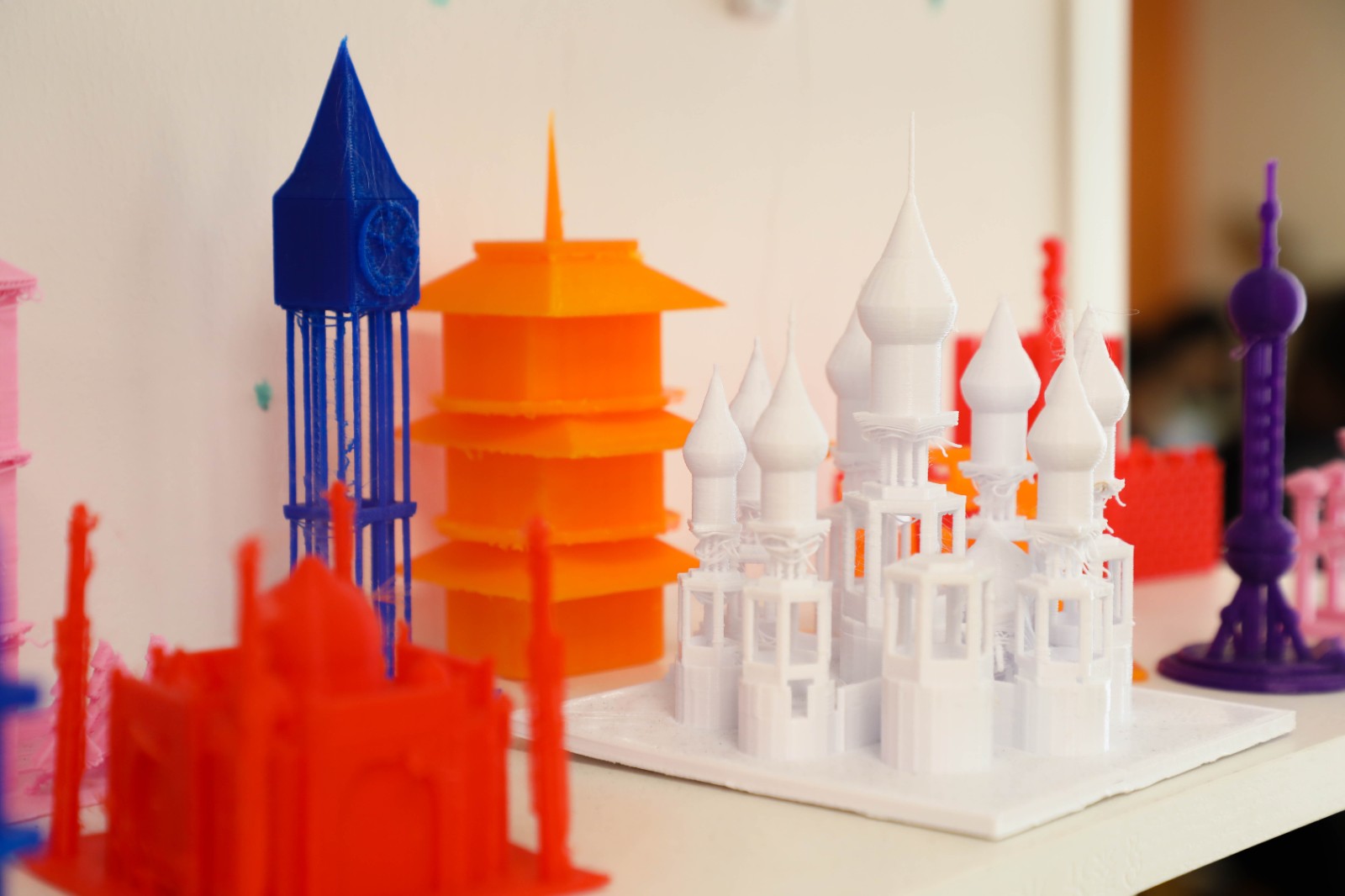
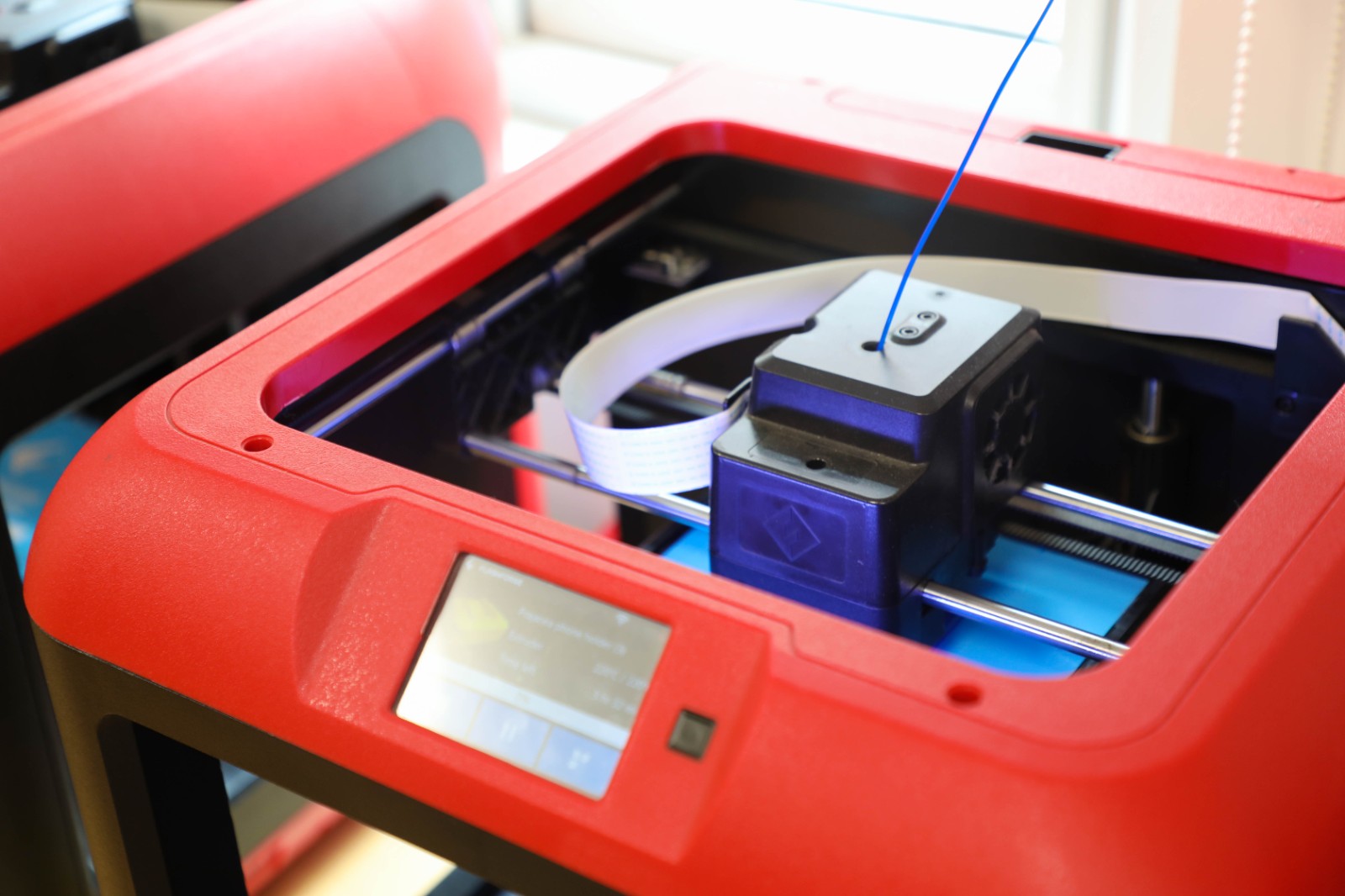
In the area of Digital Citizenship, each grade level addresses specific topics aimed at ensuring student safety. In Year 2, students learn about digital citizenship and website safety. In Year 3, they focus on social responsibility and distinguishing personal data. Year 4 covers personal information sharing, cyberbullying, and digital footprints. By Year 5, students are ready to more fully address cyberbullying, while learning to recognize online scams, and improve their skills at reading online.
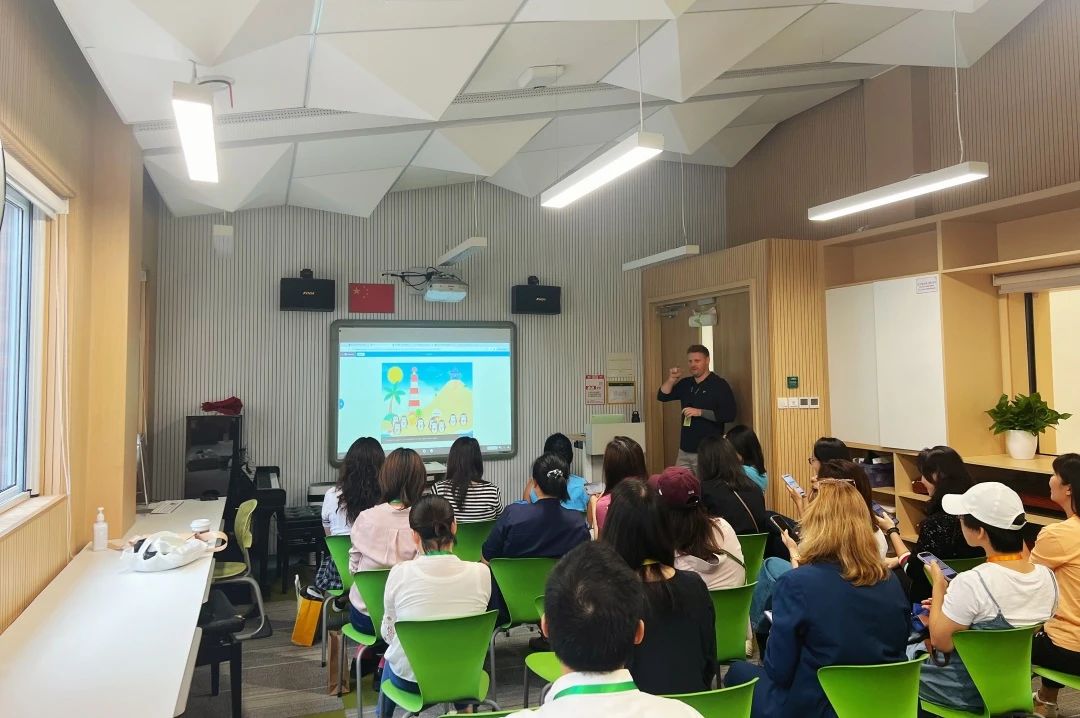
The Parent Workshop conducted by the ICT Department, called Online Safety, and led by Conor Barnes, Head of the ICT Department, extends the school’s Digital Citizenship education to parents. It aims to provide guidance on safeguarding children in the digital landscape, while offering detailed steps for effective supervision. Parents learned about the digital landscape, covering content creation, social media, e-commerce, and gaming, then engaged in 'think-pair-share' activities to stimulate discussion.
To conclude the workshop, they were given the following recommendations to ensure their children’s online safety: Open communication between parents and children is encouraged as it creates a safe space for discussing online activities and concerns. Education empowers children to make informed online decisions. Setting clear boundaries is the key to shaping healthy online habits; parents can establish explicit rules for online behavior. Parental control tools offer extra protection. Supervising children’s online activities is crucial for their digital well-being. By implementing these proactive measures and fostering a culture of open dialogue and education, parents can create a secure online environment for their children, empowering them to navigate the digital realm responsibly and confidently.
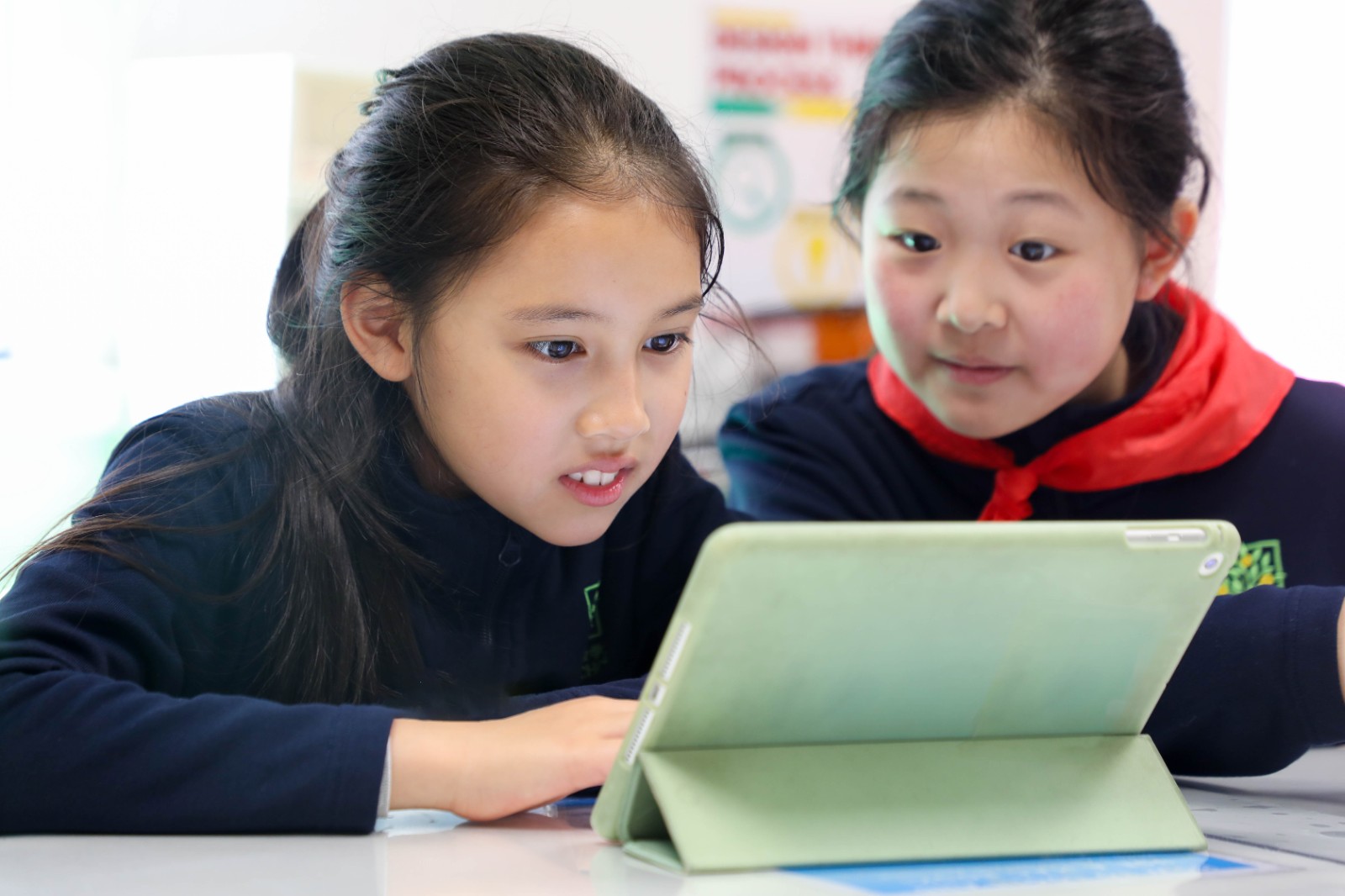
In response to the initial question asked by the parent, Conor Barnes advised considering the use of parental controls to monitor the child's online activities or ensuring nearby supervision. Monitoring primary school children is especially important.
Other Q&As on Online Safety
Parent: As a foreigner, I feel online platforms in China are safer. Is it true, or could there be potential dangers?
Response: It's essential to remain vigilant. While online platforms may seem safer, it's important to remember that there are risks involved. Stay cautious, as online spaces can pose dangers, even in seemingly safer environments.